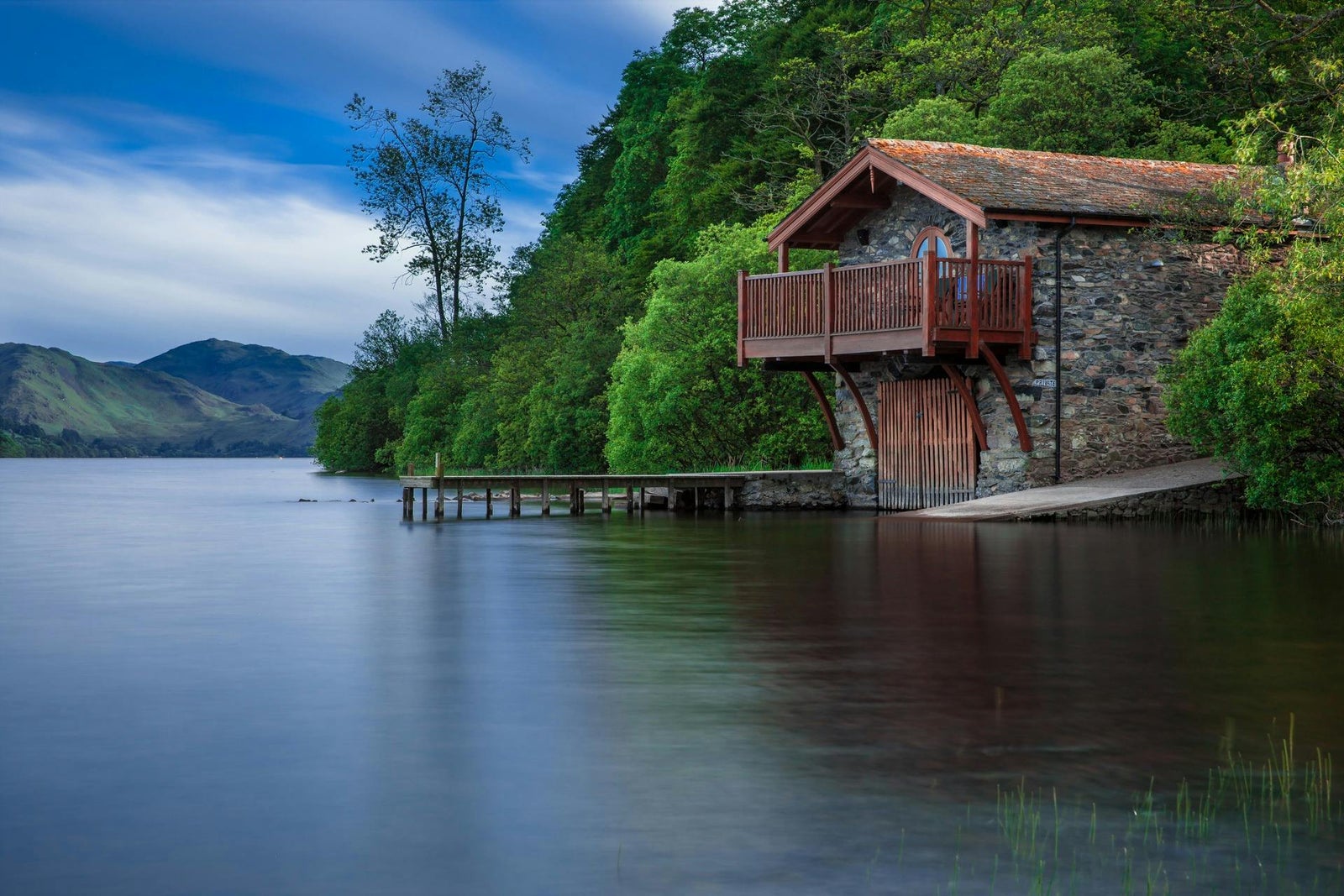

What could be better than waking up to a beautiful waterfront view in your very own cottage property? Demand for recreational properties in Canada has surged over the past few years and continues to rise in the wake of the COVID-19 pandemic. Anyone interested in buying a cottage property should go into the search well-equipped with the knowledge of what to look for, and what to avoid.
Here are 8 things to consider when buying a cottage property:
1. Location and Accessibility
The idyllic nature of a cottage often means it's situated in a more remote location. Consider the proximity to your primary residence, the accessibility during all seasons, and the availability of essential services and amenities. Properties that are too remote might pose challenges for emergency services, maintenance, and even leisurely trips to town for necessities.
2. Year-Round Maintenance
If your cottage won’t be your primary residence and will not be occupied throughout the year, consider the maintenance required for the off-season. Before purchasing a cottage, have an inspection conducted to ensure it is weatherproofed for all seasons.
Be sure to check:
- The structure of the home—conduct an inspection to ensure the foundation and structure of the cottage are sturdy.
- The age of the roof, as snow piling up in the winter months can be quite weighty.
- The age of the doors—make sure there are no large openings that would allow animals or the elements into the home.
- Local bylaws, as some areas will require certain paths to be clear of snow in the winter.
3. Familiarize Yourself with Water & Septic
If you’re used to living in a city, then you’re likely also used to your home being on municipal water and sewer. Because cottage properties tend to be more rural, you will find most of them run on a well system for water and septic system for sewers.
In order to keep your utilities flowing smoothly (literally), you’ll need to familiarize yourself with the proper maintenance associated with well and sewer systems. Before buying, have the systems and water inspected to ensure everything is up to snuff.
For your septic system, you will need to keep track of having it pumped out every 2-5 years, depending on your personal needs.


4. Heating and Insulation
If you’re planning to use the cottage year-round, check the heating system's efficiency and the quality of insulation. Many cottages are not built to the same standards as full-time residences, potentially leading to higher energy costs or uncomfortable conditions in colder months.
5. Internet and Cell Service
You may be purchasing a recreational property to get away from the internet, but let’s face it, reliable internet and cell service can be invaluable! Especially if you’re doing remote work at your cottage.
Coverage can be spotty or non-existent in secluded areas, so investigate the options and costs associated with improving connectivity if needed.


6. Run the Numbers
There’s more to the cost of a cottage than the price of the property itself. Consider utilities, which can cost more in rural areas, as well as municipal services such as garbage removal. Some areas will pick up garbage year-round, while others only run for part of the year.
Also factor in insurance costs. Insurance for a cottage can be higher than for a typical home, especially if it's located in an area prone to natural hazards (floods, wildfires, etc.) or if it will be rented out. Get quotes early in the process to avoid surprises.
7. Taxes & Capital Gains
A cottage, or second home, is considered a personal-use property. The tax rules differ depending on whether the cottage is used exclusively for personal recreation or if it's rented out. Moreover, when selling the cottage, you must pay taxes on any capital gains realized from the property.
Be sure to familiarize yourself with the taxes associated with owning a recreational property before purchasing, especially if you’re planning on renting it. Speaking to a financial advisor is highly recommended!


8. Community & Lifestyle
Finally, consider the feel of the community and whether it aligns with your lifestyle. Some cottage areas are known for their tranquility, while others are hubs of social activity. Think about what you want from your cottage experience and if the property meets those expectations.
Buying a cottage property is an exciting venture that requires careful thought and planning. Understanding the unique challenges and responsibilities of owning a recreational property ensures that your dream cottage doesn’t turn into a surprise nightmare!

